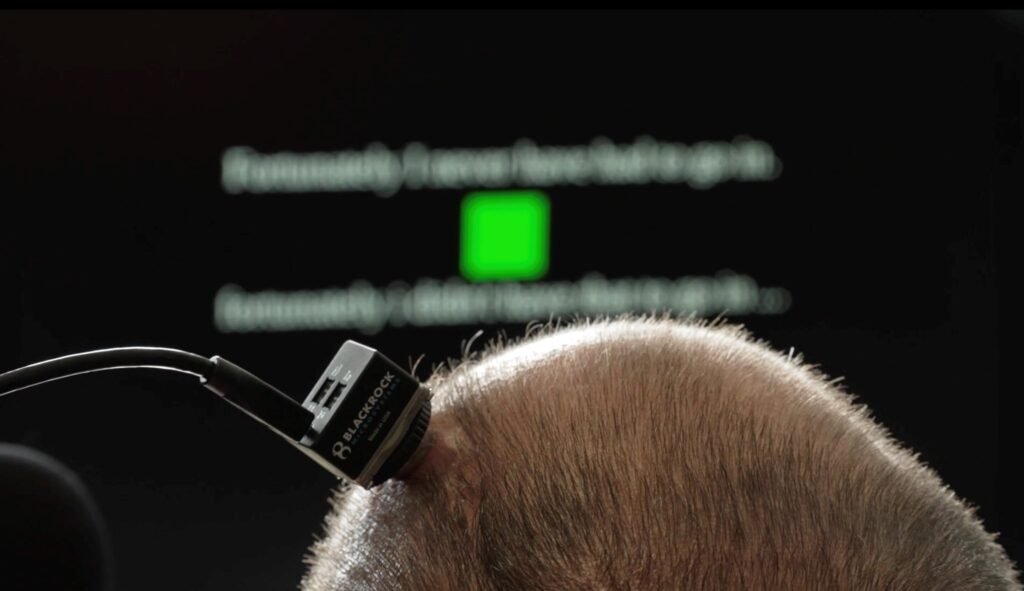A first-of-its-kind brain-computer interface (BCI) developed at UC Davis Health is enabling real-time speech synthesis for ALS patients. Unlike traditional assistive technologies that translate neural activity into text, this system reconstructs voice instantly, allowing for natural conversation. The technology consists of microelectrode arrays implanted in the brain’s speech center, capturing neural signals and converting them into audible speech.
The breakthrough allows users to adjust intonation and even sing, offering a more dynamic communication experience. Researchers emphasize that real-time voice synthesis enhances social interaction by enabling patients to interrupt conversations naturally, reducing delays associated with text-based communication. The system’s rapid processing—one-fortieth of a second—ensures seamless speech generation.
This innovation marks a significant step toward restoring communication for individuals with neurological conditions. Future research will focus on refining the technology and expanding its applications to other speech-related disorders.
Article from UC Davis: First-of-its-kind technology helps man with ALS ‘speak’ in real time

